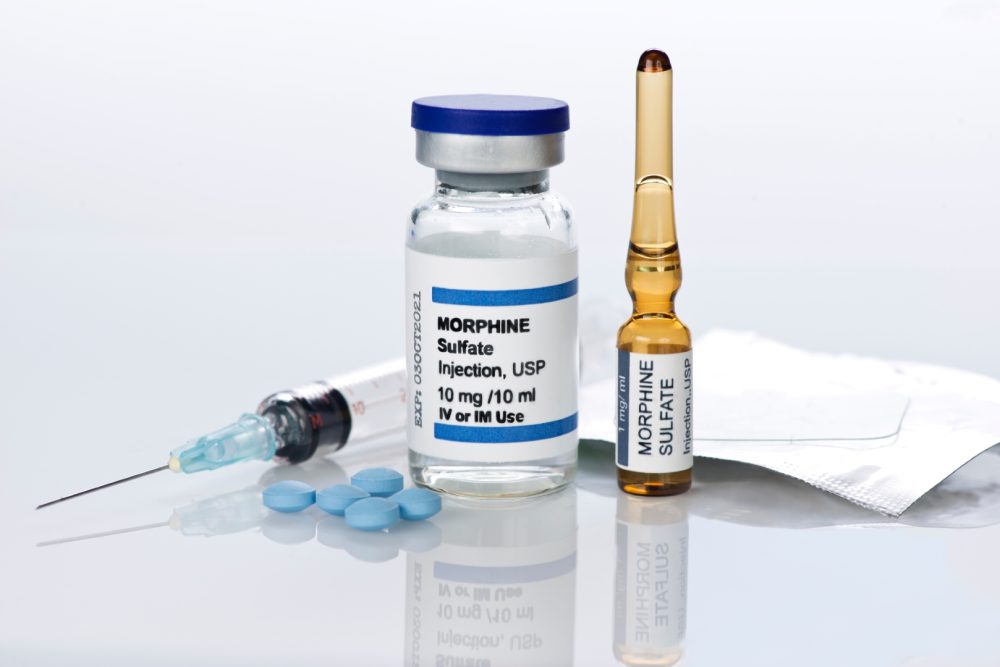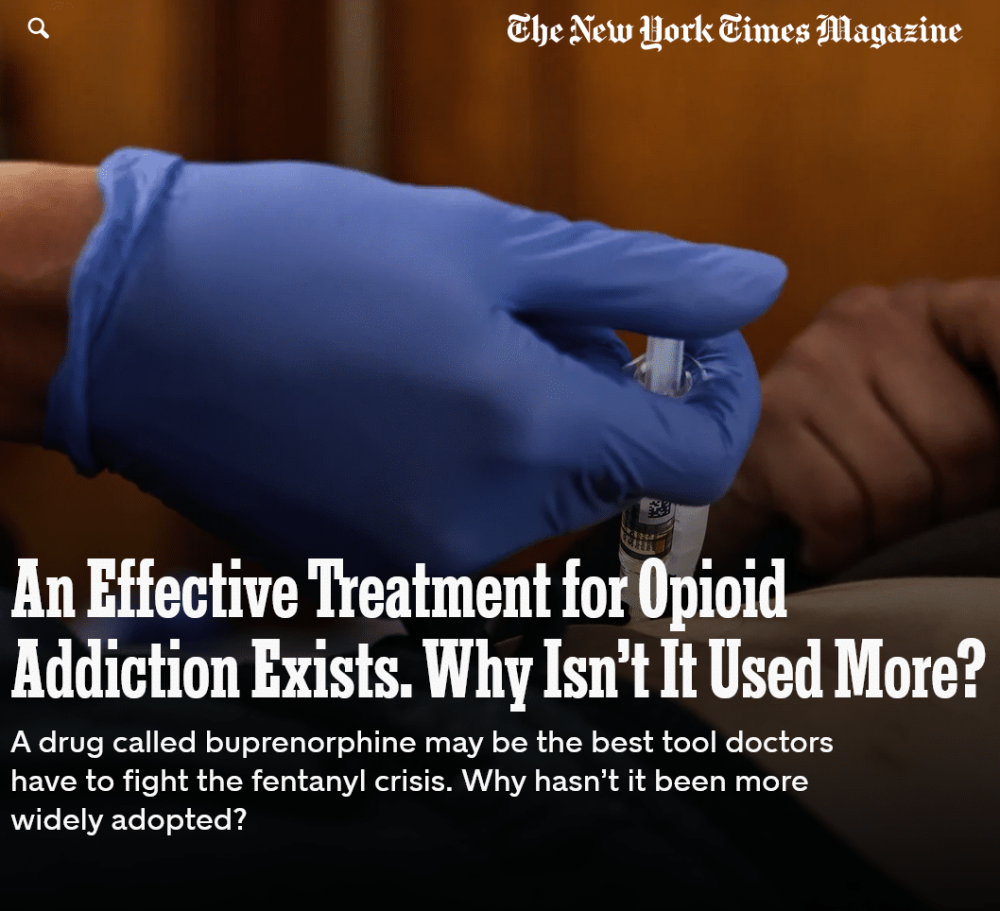Clonazolam is triazolobenzodiazepine. Unlike other benzodiazepines, Clonazolam has no medicinal use at this time. However, as with other benzodiazepines, it is prone to misuse and has the potential to cause dependence and even addiction.
What are Benzodiazepines?
Benzodiazepines (sometimes called “benzos”) are prescription tranquilizers and sedatives that are used to treat anxiety and sleep disorders. They work to calm or help a person sleep by raising the level of neurotransmitter GABA in the brain.
Even though benzodiazepines can be effective at managing anxiety, insomnia, and other mental health disorders, they also pose a significant risk for addiction if misused or taken for longer than prescribed.
Common benzos include diazepam (Valium), alprazolam (Xanax), clonazepam (Klonopin), temazepam (Restoril), and triazolam (Halcion). Clonazolam is a triazolobenzodiazepine but it has not been licensed for therapeutic use and can cause health complications.
What is Clonazolam?
Clonazolam is a triazolobenzodiazepine that was first created in the 1970s. Available as a tablet, capsule, pellet, blotter, or powder, Clonazolam has been described as a triazolobenzodiazepine.
Even though it was never licensed for medicinal use, it recently surfaced on the Internet in 2014, labelled as an illicit “designer drug.” Clonazolam is easily accessible from online distributors, as they do not require insurance, physical examination, or consultation with a doctor, which makes asking the potential for medical complications high. Often when someone thinks they are purchasing Valium or some other benzodiazepine, they are actually getting Clonazolam. Urine drug screens cannot differentiate between the triazolobenzodiazepine and a regular benzodiazepine.
A recent study showed that Clonazolam abuse causes an altered mental status, hypotension, and changes to heart rhythms. Another report showed that ingesting the drug in liquid form may increase the risk of accidental overdose.
Despite its categorization as one, Clonazolam is clearly not “just another benzodiazepine”. While, yes, it has the same toxic effects as other benzos, when Clonazolam is abused, it carries with it many additional risks and consequences.
Risks of Benzodiazepine Use
While benzodiazepine dependence is common in America (an estimated 1 in 20 Americans use them each year), there are unique risks associated with long-term use.
The long-term effects include depression, disinhibition, impaired memory and cognitive issues, including response times and coordination, brain damage, and increased risk of car crashes and even hip fractures. They are also highly prone to misuse.
Clinical Risks of Prolonged Use
“There are many risks of benzos including withdrawals,” Gallus Clinical Director Steve Carleton, LCSW, says. He points out that those effects can trigger anxiety to worsen over time. Carleton explains that there is always a danger when it comes to mixing medications, such as respiratory depressants when mixed with alcohol or opiates. From a mental health perspective, he also advises that people should understand that these medications actually have an inverse effect on anxiety in the long term, as it’s “been proven in research, but does not always deter prescriptions.”
The fundamental problem with prolonged benzodiazepine use is that it numbs emotions and over time, people become more sensitive to anxiety when they take them consistently. “It is like hitting the pause button on a stereo playing loud, terrible music,” he said. “It will mute the stereo, but when the music comes back on it feels even louder than before.”
While there are some important uses for benzodiazepines, Carleton notes that “daily use as a way to manage anxiety or other mood-related issues is not one of them”.
Benzodiazepine Withdrawal
Stopping benzodiazepine medications without professional intervention, such as medical detox, can cause a number of unpleasant and prolonged side effects. Benzodiazepines alter the brain’s chemistry, causing things to slow down. Therefore, abruptly ceasing long-term benzodiazepine use can cause too dramatic a change in brain activity, leading to unpleasant side effects including:
- Nausea/vomiting
- Muscle and joint pain
- Migraine headaches
- Nightmares
- Delusions
- Intense anxiety
- Seizure
- Constipation or diarrhea
- Irritability
Benzodiazepine Detox Solutions
Gallus Medical Detox provides the comfort of a residential facility, but with clinical expertise that is far superior to most detox facilities. We offer safe, effective, and personalized treatment. In fact, we are so proud of our proprietary method that we named it The Gallus Method.
The key features of Gallus Medical Detox include:
- Individual treatment plans, with a focus on personalized sobriety
- Psychological, physical, and social assessments
- IV Therapy Program
- 24/7 medical supervision
- Cardiac telemetry and video technology
- Ongoing adjustments to treatment plans in order to suit our patients’ needs
- An individual aftercare plan identifying resources and next steps toward a long-term recovery
Gallus also offers a unique outpatient benzodiazepine taper support program with medical supervision, MD visits, and individualized therapy.
If you or a loved one is struggling with addiction, we are here to help. At Gallus Medical Detox Centers, we bring compassion to the commotion. Peace to the pain. Empowerment to the powerless. If you or someone you know needs support with addiction problems, bring us your battle. Call us today and take the best, first step towards recovery.


 Casey Wilson
Casey Wilson 

 Steve B
Steve B